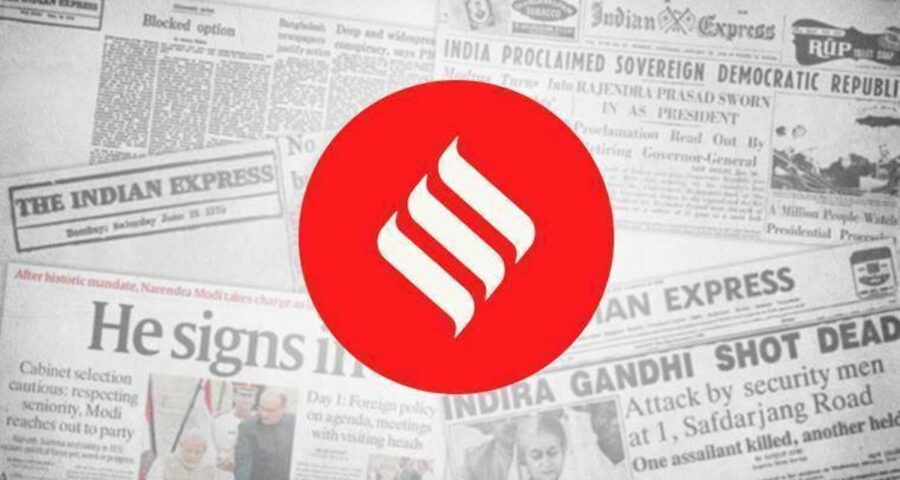Political uncertainty could not have returned in Nepal at a worse time — mid-term polls have been called as Covid cases rise
In the midst of rising Covid-19 infections, Nepal has slipped again into political turmoil. On Saturday, President Bidya Devi Bhandari rejected Nepali Congress president Sher Bahadur Deuba’s claim to form the government and announced elections in November, as per the recommendation of the current prime minister, K P Sharma Oli. Opposition parties have described Bhandari’s action as unconstitutional and are moving the Supreme Court. The political uncertainty could imperil the battle against the pandemic.
The question is if the President should have followed the advice of PM Oli, especially since he had lost majority in Parliament and continued to be a contender for office. Bhandari could arguably have exhausted the constitutional option of allowing Deuba to test his majority on the floor of the House before declaring mid-term polls. Earlier in December, she had followed Oli’s advice and dissolved the House only for the Supreme Court to declare the step unconstitutional and reinstate Parliament in February. Not surprisingly, the Opposition has questioned the neutrality of the President’s office now. Nepal had voted decisively in the 2017 general election in favour of the Communist alliance constituted mainly of the CPN-UML and CPN-Maoist Centre. The two parties, bitter rivals for decades, merged thereafter on the condition that power would be shared between the two factions. In office, Prime Minister Oli, leader of the dominant faction, CPN-UML, preferred to consolidate his position in the party and government rather than accommodate the other group’s demands. The merger unravelled last year with the CPN-MC faction calling for Oli’s resignation and the latter retaliating by recommending dissolution of Parliament.
Political uncertainty has been a feature of Nepal’s politics ever since the democracy movement replaced monarchy. The clear mandate in 2017, under a new Constitution, provided an opportunity to consolidate the gains of democracy and build institutions. Oli, however, sought to centralise power in the Prime Minister’s office and fill constitutional offices, including the office of President, Election Commission, Commission for Investigation of Abuse of Authority (CIAA) mandated to probe corruption, judiciary etc, with party aides. The absence of checks and balances on abuse of power and the failure of the prime minister to negotiate and accommodate competing interests have led to the current impasse. The winners of the 2017 election have frittered away their mandate. New political realignments are taking place with the intent to stay in or gain office. All this is happening when the pandemic is raging — Nepal is currently reporting at least 8,000 new infections daily.
Source: Read Full Article


